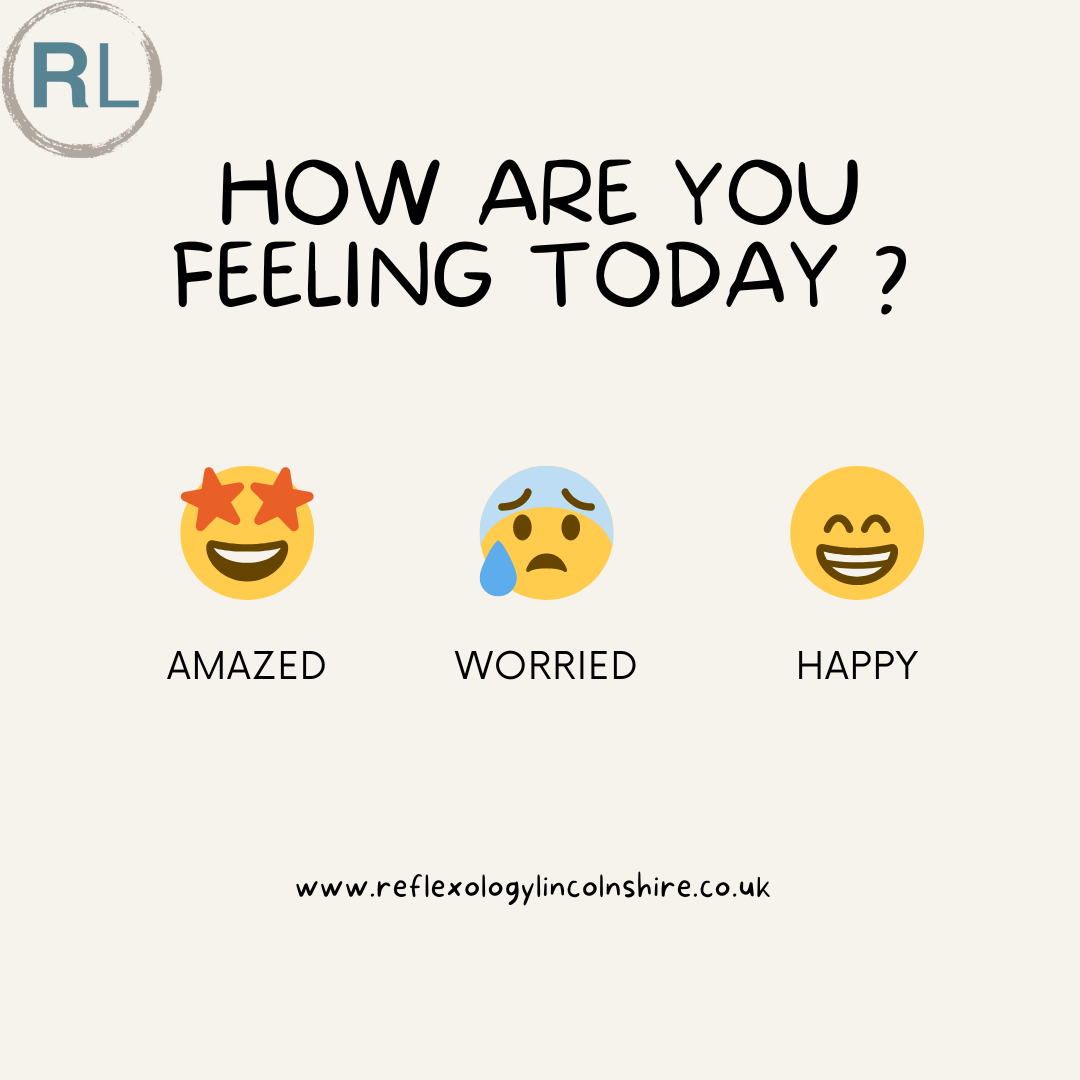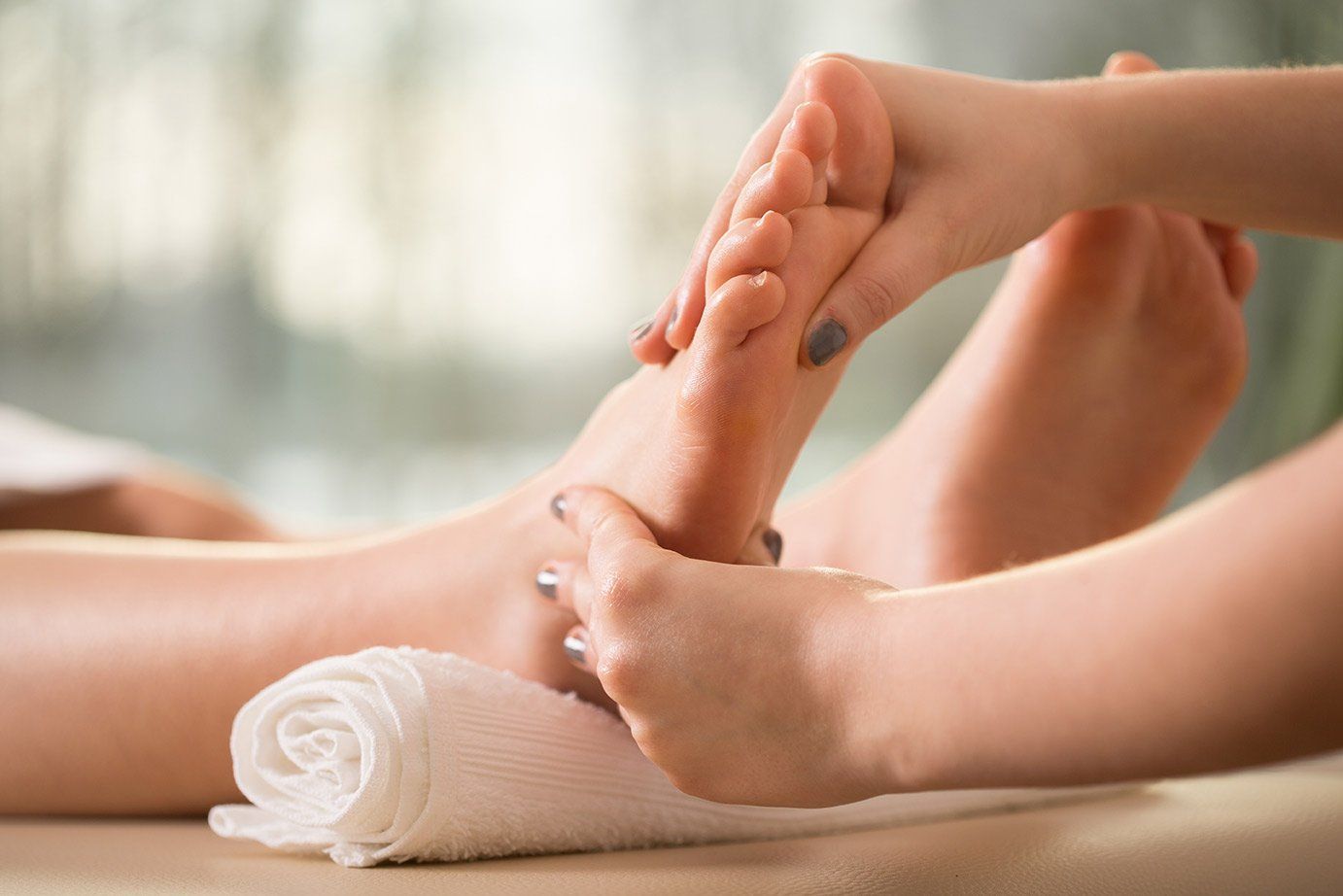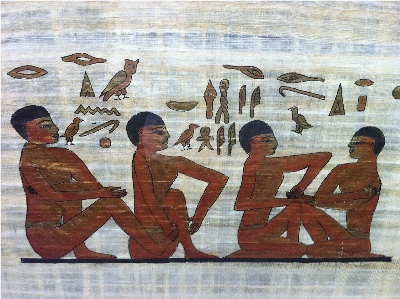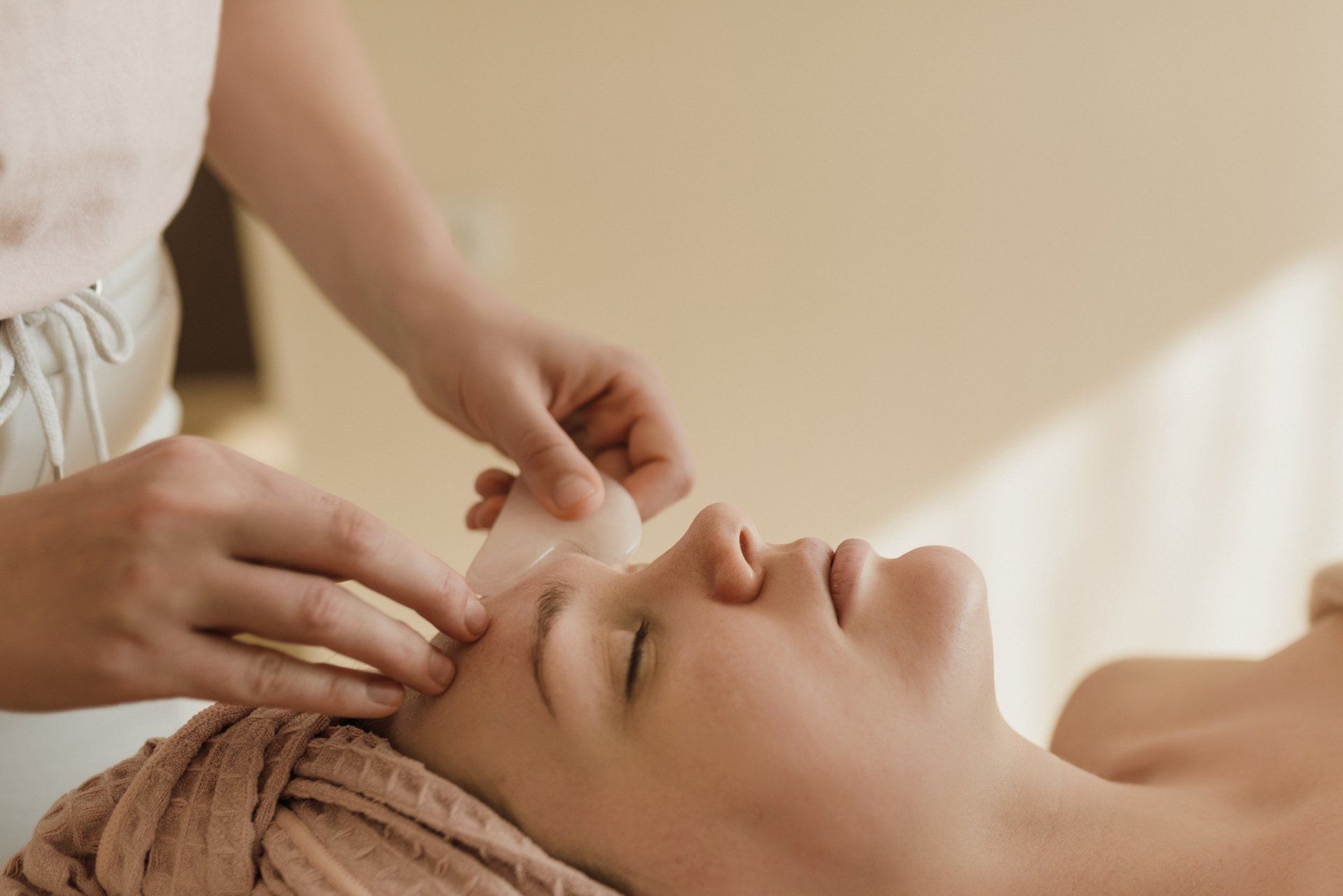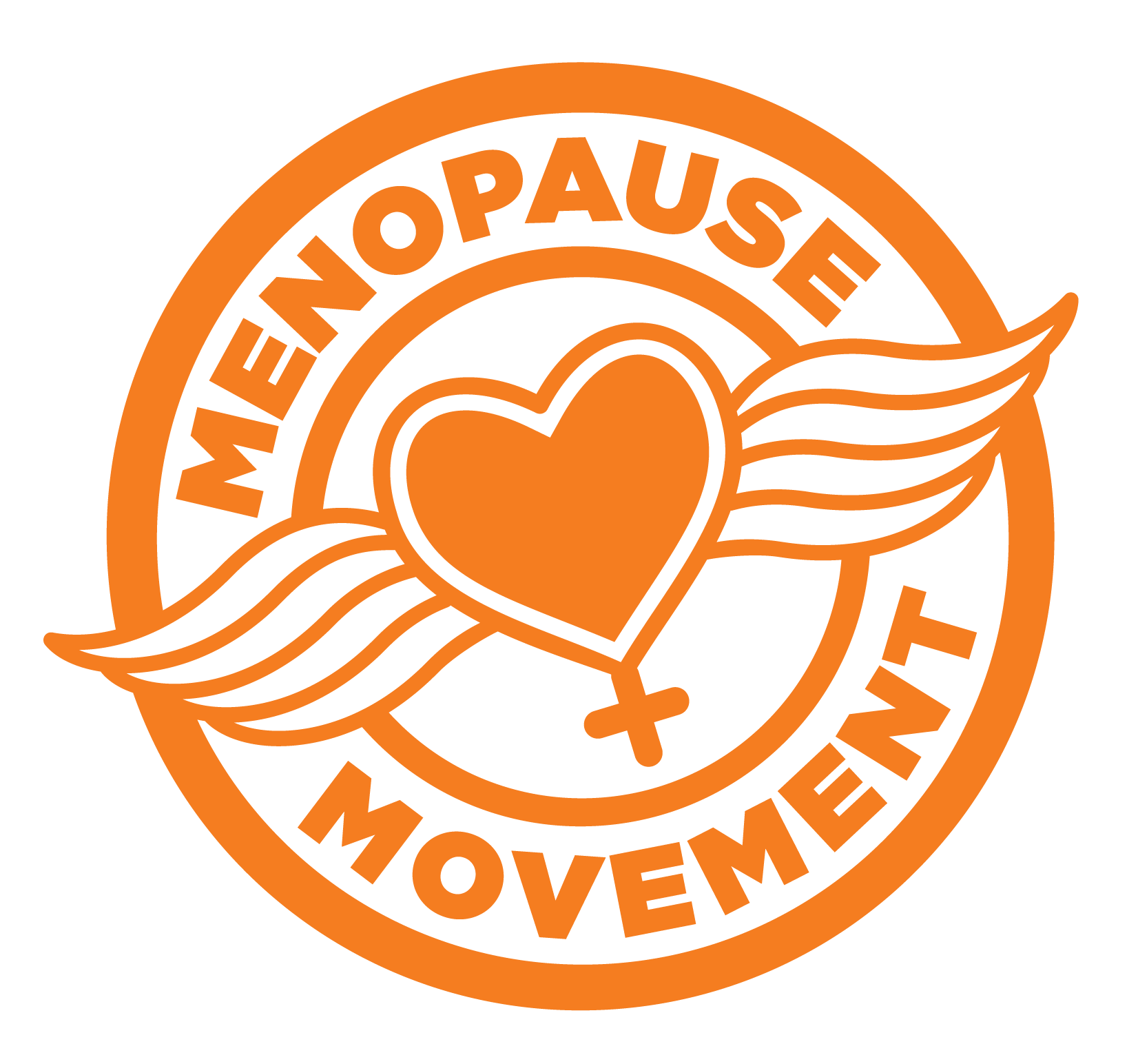Understanding Tension Myositis Syndrome (TMS)
How Reflexology Can Help
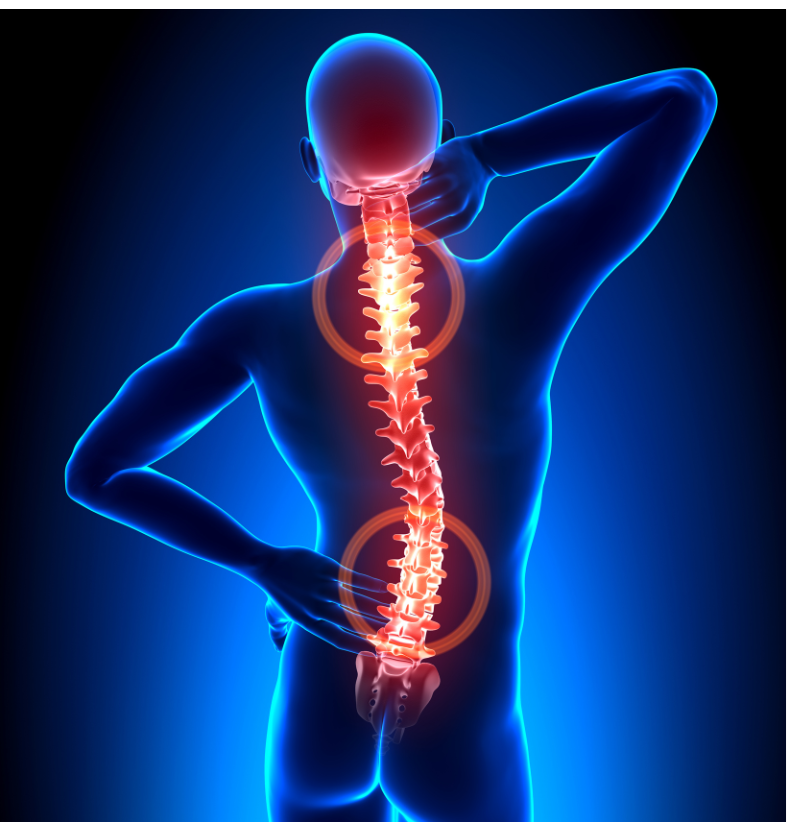
Tension Myositis Syndrome (TMS), also known as Tension Myoneural Syndrome, is a condition that highlights the profound connection between mind and body. While it presents as a physical disorder, its roots lie in emotional phenomena. This psychosomatic condition was first introduced by Dr. John E. Sarno, who identified that repressed emotions can manifest physically in the body.
What is TMS?
TMS primarily affects muscles, nerves, tendons, and ligaments, leading to chronic pain and discomfort. The muscles most susceptible to TMS include those in the back of the neck and shoulders, lower back, and gluteal area.
Additionally, peripheral nerves such as the sciatic nerve, lumbar, and brachial plexus are commonly affected. Tendons and ligaments, including those in the elbows, knees, feet, ankles, and shoulders, can also suffer, leading to a wide array of pain points that often seem to move around the body.
How Does TMS Develop?
The underlying cause of TMS is the repression of unpleasant, painful, or embarrassing emotions. When these emotions are suppressed, the body responds by inducing oxygen deprivation in affected tissues, leading to muscle tension, nerve pain, and overall discomfort. The pain experienced is very real, but its origin is deeply rooted in unresolved emotional stress.
The Role of Reflexology in Managing TMS At Reflexology Lincolnshire, we understand the intricate balance between mind and body. Reflexology offers a holistic approach to managing TMS by addressing both physical symptoms and underlying emotional triggers.
Benefits of Reflexology for TMS:
- Stress Reduction: Reflexology promotes deep relaxation, helping to reduce the overall stress that may be contributing to TMS.
- Improved Circulation: By stimulating specific reflex points, reflexology enhances blood flow and oxygenation, alleviating muscle and nerve pain.
- Emotional Release: Reflexology sessions provide a safe space to relax, potentially allowing repressed emotions to surface and be acknowledged.
- Pain Relief: Regular treatments can help reduce pain intensity and frequency, offering a natural alternative to pain management.
If you're experiencing chronic pain that seems to have no clear cause, it might be worth exploring whether TMS could be the underlying issue. Reflexology can be a gentle yet effective tool to help you manage stress, uncover emotional triggers, and support your journey to holistic well-being.
Book a session with us at Reflexology Lincolnshire to discover how reflexology can help you find relief and balance, both physically and emotionally.


